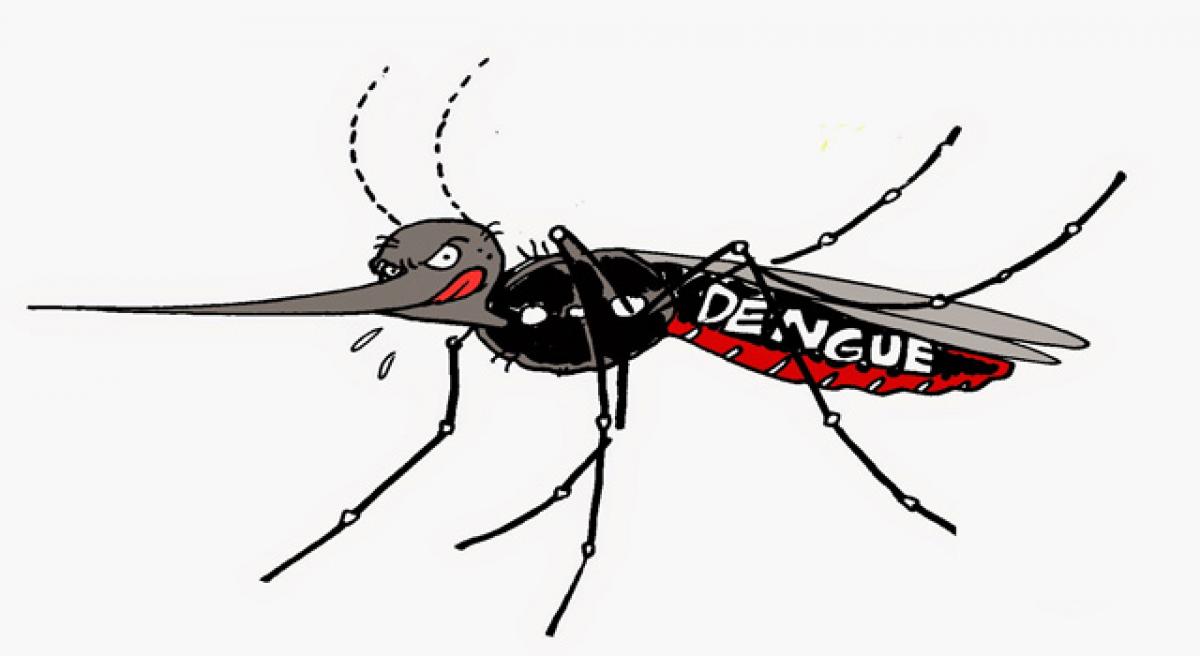India, Thailand are air traffic hubs for dengue spread: Study

India and Thailand are central air traffic hubs that are helping in the spread of dengue epidemics throughout the Asian continent, a study has claimed.
India and Thailand are central air traffic hubs that are helping in the spread of dengue epidemics throughout the Asian continent, a study has claimed.
Dengue virus affects as estimated 390 million people around the globe each year, and can cause symptoms ranging from a mild fever and headache to severe low blood pressure.
The study showed that the spread of different dengue virus serotypes, DENV-1, -2, and -3, to new areas is likely due in large part to trends in air travel.
While air traffic hubs such as India and Thailand are helping to seed dengue epidemics, countries like China, Cambodia, Indonesia, and Singapore may be establishing viral diffusion links with multiple countries in Asia, the researchers said.
"Our study suggests that the patterns of DENV spread result from the interplay between intensity and structure of human mobility through the air transportation network," said Huaiyu Tian from the Beijing Normal University in China.
Previous studies showed that mosquito species, including Aedesalbopictus, can survive long-haul flights. For the study, reported in the journal PLOS Neglected Tropical Diseases, the team analysed the spread of dengue viruses in Asia from 1956 to 2015.
They used 2,202 genetic sequences of dengue viruses, collected in 20 countries or regions of Asia over the 59 years, to determine how different strains were related.
They also investigated trends in air travel, maritime mobility, migration, and socio-economics to determine what factors impact the spread of dengue.
"Future trends in global mobility could potentially accelerate the appearance and diffusion of DENV worldwide," Tian said. "Prevention and control of dengue epidemics requires a better understanding of its mode of geographic dissemination, especially for countries in the tropics," Tian added.














